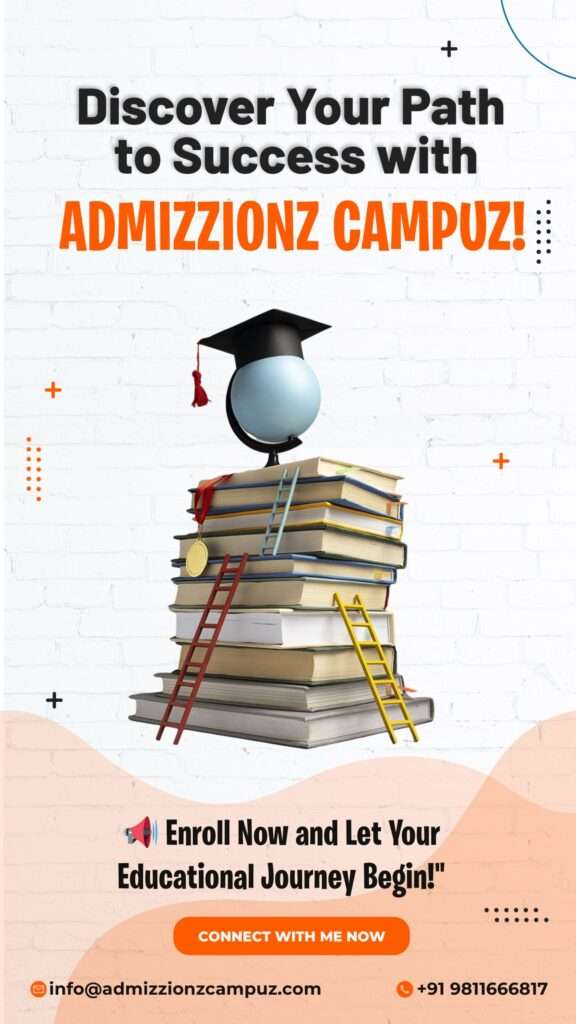There are 4084 engineering colleges in India with 12,53,337 engineering seats approved by the All India Council for Technical Education (AICTE) offering more than 35 engineering streams for pursuing a B.Tech. degree. To gain admission into these various entrance exams are written by the students who have passed or will be passing class XII every year. Just for JEE Mains which is one of the most competitive engineering exams in the country for admissions into the NITs, IIITs, and a number of other engineering colleges; the number of unique registered applicants was 11,13,325 in 2023. Despite that, almost 4,21,203 or one-third of the total seats remained vacant in 2021-22. The numbers are similar for other years too. This means that students have become selective about the courses they want to study and the colleges where they would want to study those courses. This also means that for students who are really interested in pursuing an engineering program for under-graduation, there are choices to exercise when it comes to engineering colleges.
But how does one exercise those choices? How does one differentiate between colleges?
The first thing to do is to decide on the attributes that are important to you. These typically will be some from among the ones listed below:
The curriculum refers to the courses that will be taught semester-wise, their syllabus along with the topics that will be covered, the design of instruction by way of lectures, tutorials, and practicals /projects /assignments etc.; and the assessment methods that will be used.
This attribute refers to the faculty credentials in terms of their educational background and experience in research and teaching the topics they will be teaching. Also, useful to know are the current areas of interest and work being done in them.
It is important to find out who is a full-time faculty member, and who is a part-time or adjunct faculty member. The important parameter is faculty to faculty-to-student ratio which can be made up in terms of numbers but is really possible in intent with permanent faculty only.
This attribute is indicative of the importance the college attaches to the student’s gaining knowledge beyond what is taught and is independent of the books through co-curricular activities, projects, internships etc.
Academic focus is the importance the college attaches to teaching and related activities in the classroom and outside it in projects, internships and industry interactions.
The teaching infrastructure is the classrooms, seminar rooms, laboratories, libraries etc. that exist to support the learning and development activities of the students. These also include activities such as seminars, symposiums, workshops, exhibitions, and fests in addition to the academic ones.
The cognition and accreditation that an educational institution can have is of two types – one at the institutional level such as that of a college by the National Assessment and Accreditation Council (NAAC) and the other at the course level such as that of MBBS by the National Medical Commission (NMC).
Most leading engineering colleges in India have strong established ties with industry leaders. These are typically in the form of collaborations with large corporates and industrial conglomerates as Centres of Excellence (CoE). Top engineering colleges also have exclusive internship programs for students to receive hands-on experience working at leading organizations and the opportunity to be absorbed into the company as an employee.
Nowadays colleges want to contribute to their students’ success and have tie-ups with international universities and institutions to facilitate advanced student education. Programs such as student and faculty exchange, participation in international competitions, and international internships go a long way in helping their students stand out among their competition in the job market.
It makes sense to get an idea of the placement record of a college especially if you are going to launch your career from there. Four kinds of information need to be gathered – the first one is about the number of people getting placed in each course/discipline, the second one is about the average or range of compensation for each course, the third one is the stature of the recruiting companies and the jobs on offer and the fourth one is about how many pursued higher studies and in which kind of universities and colleges.
It becomes important to know who all are behind the college being founded and operation. Are they educationists or business persons? This may have a bearing on the college’s culture so it is important to know about the management’s background.
It is important to know the kind of life students live on campus. Studying engineering is tough and competitive. So, students need facilities where they can break stress after classes such as those for sports and extra-curricular activities. Therefore, find out if such facilities are available. Also, find out if there is good diversity in the student’s background or not because diversity will increase your chances of making friends.
Financials are just not about the tuition fee. It is the total cost of attendance of the program. So, it includes hostel fee, mess fee, and other fees as applicable such as internet access fee, library fee, sports fee, club fee etc.
The awards & rankings the college has received are another important criterion to consider when choosing an engineering college. Consider colleges that have been consistently ranked amongst the top ones. Additionally, make note of awards bestowed on the college and the award categories and the awarding body.










